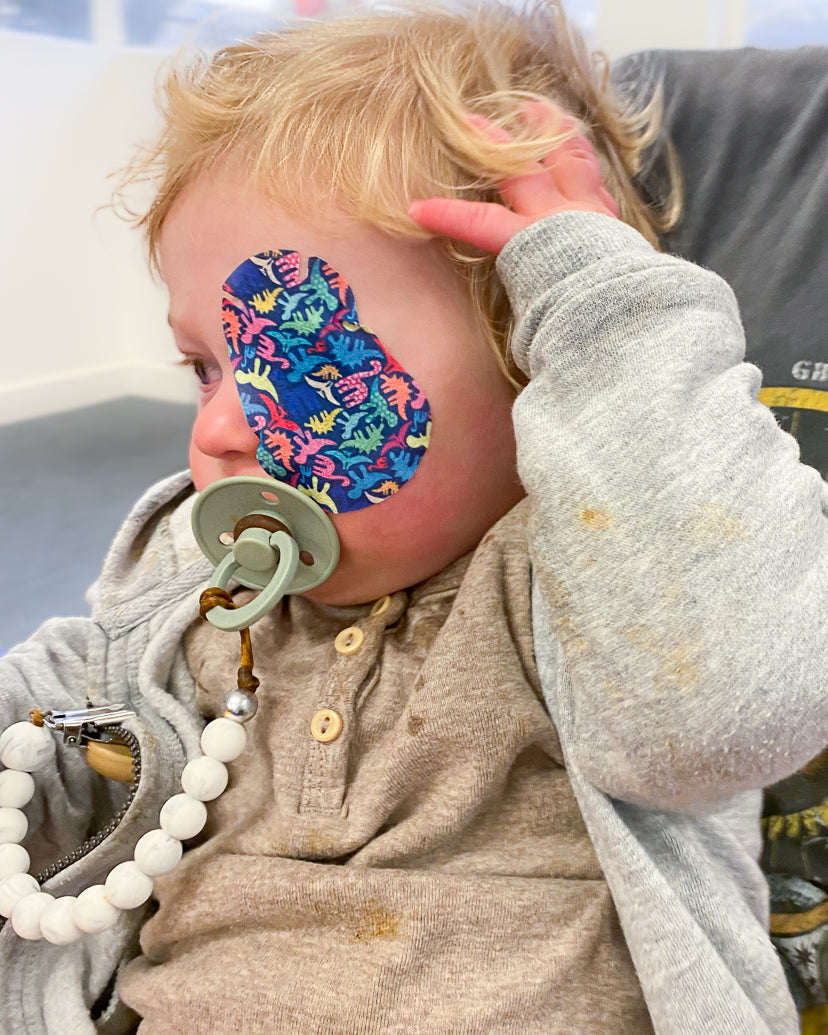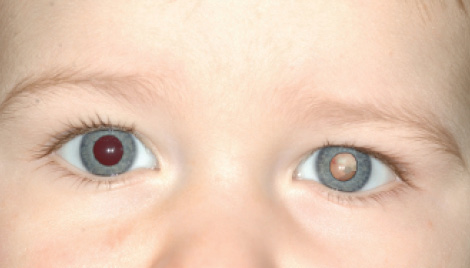What is Retinoblastoma and How Does it Affect Kids?
It's World Retinoblastoma Awareness Week, so we thought we'd take this opportunity to raise awareness about the condition and give you some educational resources in bite-sized amounts. So, what is retinoblastoma, what causes it, and what should you do if you think your child has it?
What is Retinoblastoma?
Retinoblastoma is an eye cancer that most commonly affects young children. The cancer begins in the retina (the nerve tissue at the back of the eye), which is responsible for sensing light as it comes through the front of the eye. The retina sends messages through the optic nerve to the brain to be interpreted as images. If you're more of a visual learner, check out the graphic below.

What Causes Retinoblastoma?
Like any form of cancer, retinoblastoma is caused by mutations in the retina's nerve cells. When these cells continue to grow and multiply, healthy cells die, causing a mass of cells (a tumour).
If the cancer is not caught in its early stages, these cells begin to invade other parts of the eye and eventually, the brain, spine and body. In most cases, it's not clear what caused the original mutation; however, if there is a history of this condition in your family, it's important to get regular check-ups with an ophthalmologist.
What are the signs of Retinoblastoma?
The key signal that your child may have retinoblastoma is a white glow in the pupil at the centre of the eye. This glow is particularly visible when light, such as a camera flash, is shone in the eye. Other signs include the eyes appearing to look in different directions, poor vision, redness and swelling. It looks a little like this...
How is Retinoblastoma treated?
How a retinoblastoma is treated depends on whether the cancer is intraocular (only in the eye) or extraocular (spread beyond the eye). Doctors can check if the retinoblastoma has spread through tests such as an MRI, bone scan and bone marrow biopsy. If the condition is caught in its early stages, it may be possible to treat it without surgery through Cryotherapy, Thermotherapy, Chemotherapy and/or Radiation. In cases where these treatments are not successful, an enuculation (surgery to remove the eye and part of the optic nerve) may be performed to help ensure the cancer does not spread to other parts of the body.
What should I do if I think my child has Retinoblastoma?
If you notice changes in your child's eyes and you're worried they might have retinoblastoma, the first step is to take them to their doctor or ophthalmologist. Retinoblastoma is quite rare, so your doctor may test for more common eye conditions first, however, if you have a family history of the condition, you should bring this to their attention.
From there, your eye doctor will develop a treatment plan which will include regular check-ups to ensure the condition does not re-emerge. They may also do genetic testing to determine if the retinoblastoma was caused by an inherited gene mutation.
If you have any concerns about your child's vision or would like advice on your next steps, please don't hesitate to reach out at hello@specklesforkids.com



